Video Transcript
A farmer in India is facing the most severe drought in decades. A city planner in Mozambique, facing increased coastal floods and storm surges, has no way of knowing where lives and homes are most at risk. A village in Colombia—already threatened by encroaching loggers—faces an outbreak of tropical forest fires. Three people on three different continents, all facing threats that have grown more severe due to changing climate and weather patterns. What do they all have in common? They are all taking actions that will help the next generation—lower climate pollution and build resilience to new risks. These are USAID’s partners—and they are helping us answer a critical new question, one that affects every aspect of global development. What can people and countries around the world do today to address climate change? It turns out, a lot. After more than a decade working in nearly 50 countries, the answer boils down to three main actions. We can build clean energy, maintain healthy forests and landscapes, and use the best climate science and information to predict and prepare. In India, farmers are digging ponds to capture rain water and using soil moisture meters to irrigate crops efficiently. In Mozambique, city planners are restoring mangroves to protect coastal areas, creating ‘safe zones’ for building and sending emergency alerts on mobile phones. In Colombia, villagers are planting high-value crops like cacao to earn income AND protect forest. Some earn extra for the carbon stored in trees. Around the world, we are learning that every country and community can develop smarter to help stop climate change from reaching dangerous levels. When we all participate, we help safeguard development. In fact, climate change is driving major new development opportunities. Global investment in clean energy, like wind and solar, now tops $300 billion per year. With good policy design, countries like India, Mexico and South Africa are attracting investment in clean energy—and bringing people clean power at prices competitive with fossil fuels. Already, USAID partner countries have installed more than 50,000 megawatts of clean energy—enough to power tens of millions of homes. Climate change is global, and so is our work. Today more than 5 million people in 30+ countries are using better information to prepare for extreme weather. And millions of acres of carbon-storing forests are being conserved. Where will we go next? Join us and learn with us, as we safeguard global development for the next generation.

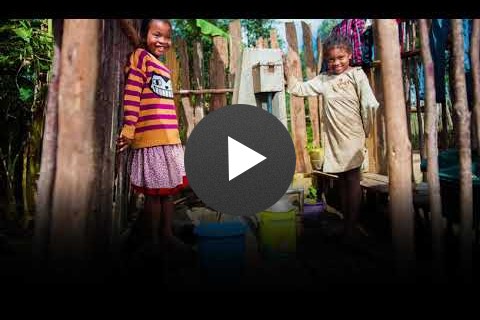
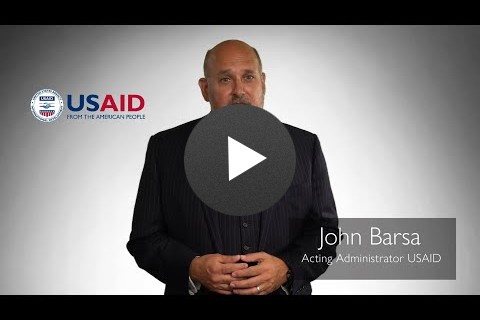
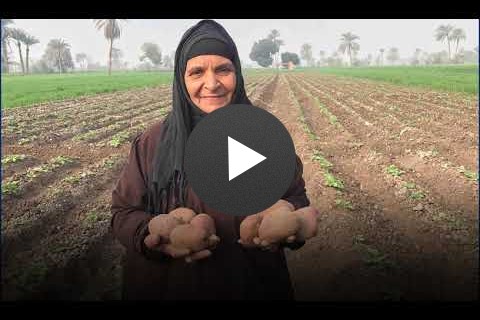
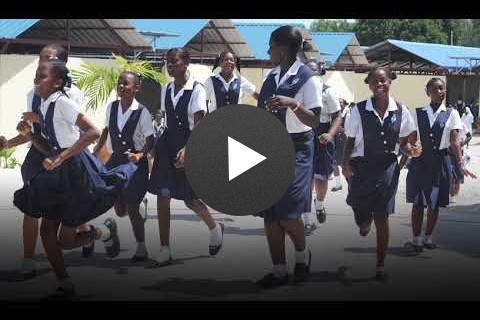
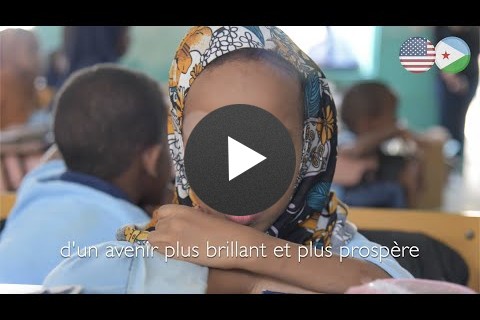
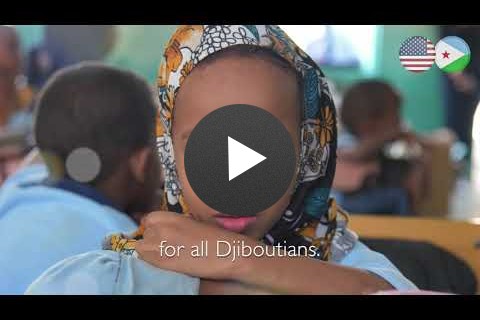
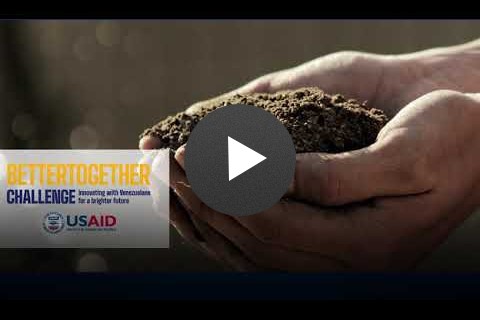
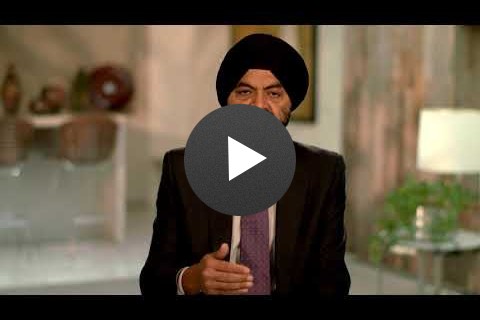
Comment
Make a general inquiry or suggest an improvement.